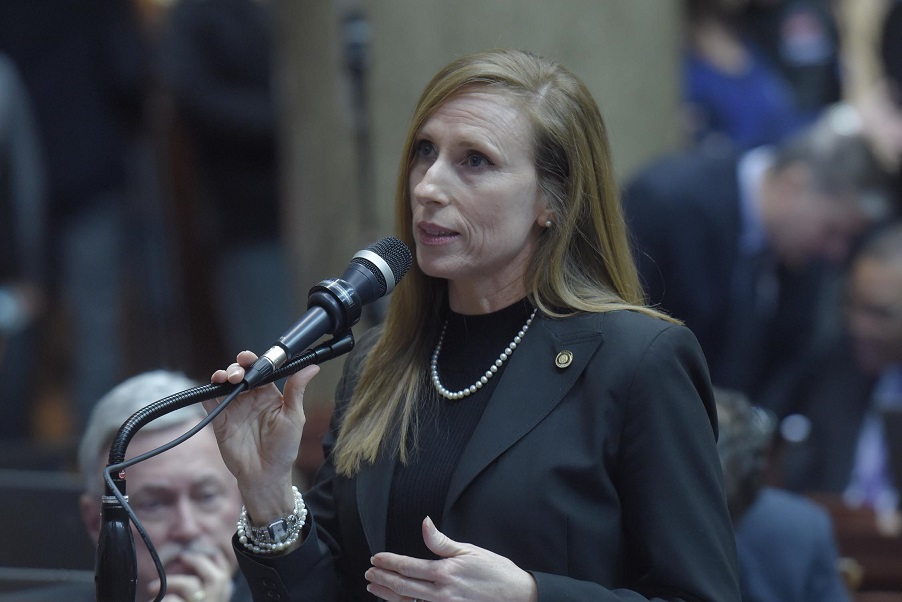The Missouri Senate appears prepared to endorse a prescription drug monitoring program. The House, however, remains focused on a plan proposed by one of its members who said the Senate bill won’t do the job.

Backers of PDMPs say they help fight prescription drug abuse. They are intended to catch people in the act of “doctor shopping;” visiting multiple doctors in an attempt to get their hands on as much as they can of prescriptions commonly abused.
The Senate has given initial approval to a Senate Bill 74 sponsored by Senator Rob Schaaf (R-St. Joseph), meaning another vote could send it to the House for consideration. Schaaf has blocked advancement of earlier PDMP bills saying they would invade Missourians’ privacy by creating a database of their prescriptions.
His plan would let doctors submit a patient’s name to the Bureau of Narcotics and Dangerous Drugs. It would then give that doctor access to the patient’s medical records only if the Bureau determined the patient is a potential abuser.
Sikeston Representative Holly Rehder (R) has sponsored PDMP legislation in the House for several years. She said neither her nor Schaaf are willing to budge on their approaches to a plan.
Missouri is the only state without a PDMP. Other states allow doctors to access their patients’ prescription information through a secured database. Rehder said such a database gives doctors quick access to information they are already authorized to view.
As for Schaaf’s concerns about privacy, Rehder said the prescription drug database would be encrypted.
Rehder says Schaaf’s bill is also so expensive it might never be implemented. Legislative researchers estimate that if passed, SB 74 would cost more than $1-million dollars in Fiscal Year ’18 – similar to the projected year one cost of Rehder’s legislation – but in Fiscal Years ’19 and ’20, Schaaf’s bill’s projected cost each year is greater than $6.5-million.
Rehder believes the actual cost of her bill would be less than $1-million dollars, and said with grants and other funding sources it would pose less of a challenge to fund.
Rehder took up the PDMP issue in response to her own family’s issues with prescription drug abuse. Her daughter, Raychel, became addicted to an opioid pain reliever after an emergency room visit when she was 17. She went on to abuse other substances including methamphetamine, but has been clean for going on two years. Other members of Rehder’s family have also struggled with abuse issues.
Rehder’s PDMP legislation in past sessions has passed out of the House with overwhelming support only to be stalled in the Senate, where opposition was largely led by Schaaf. House Speaker Todd Richardson (R-Poplar Bluff) said even with Schaaf’s bill close to coming to his chamber, the focus of the House is going to remain on Rehder’s efforts.
Rehder’s legislation, House Bill 90, is nearly ready for debate by the full House.